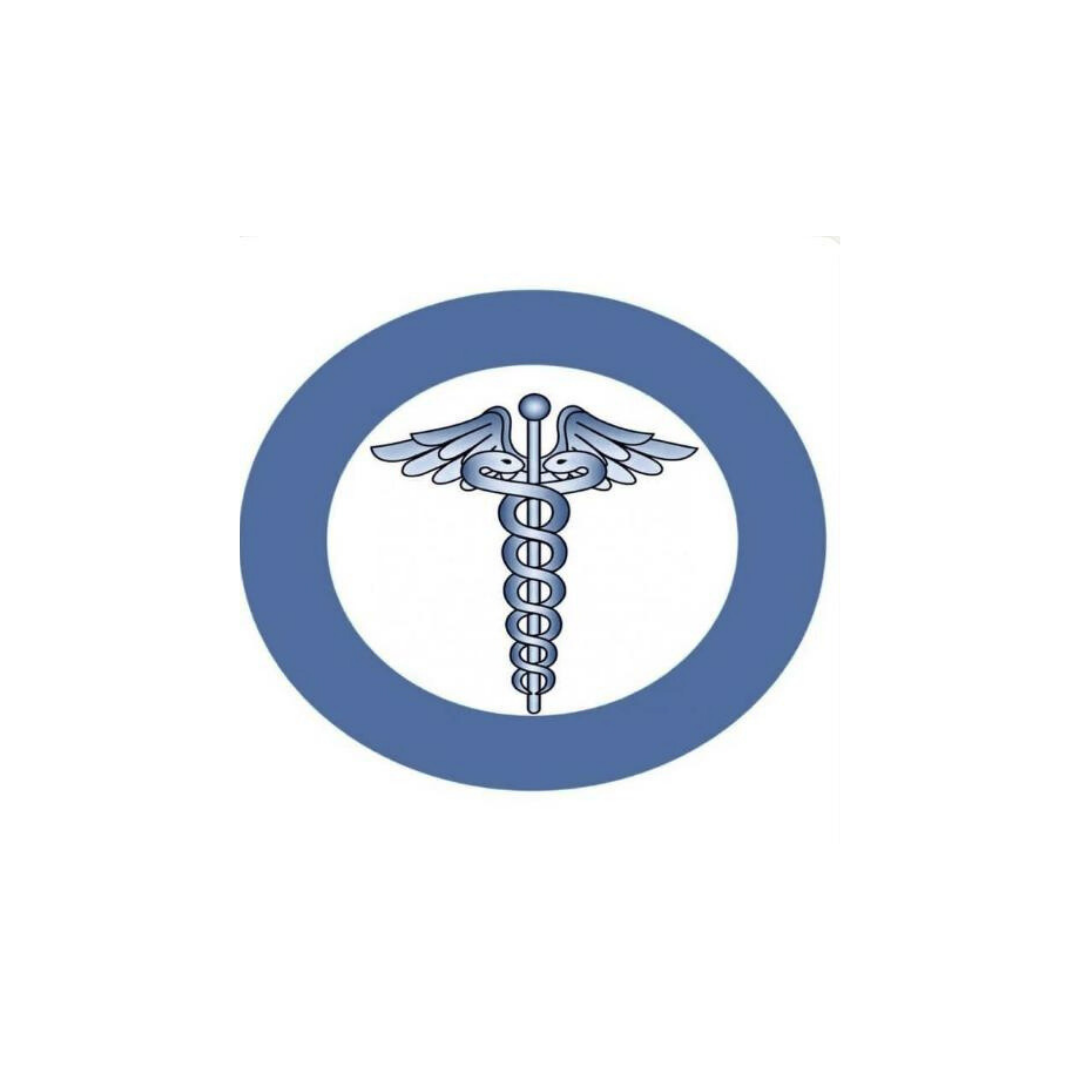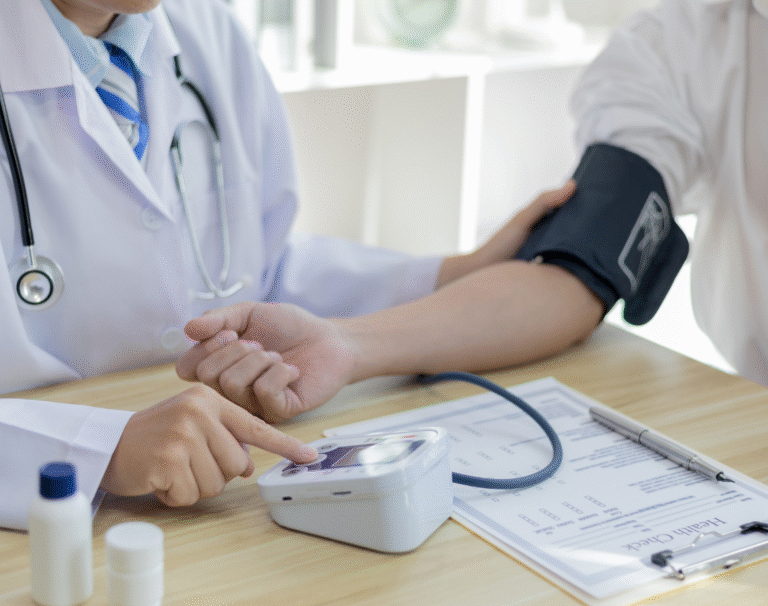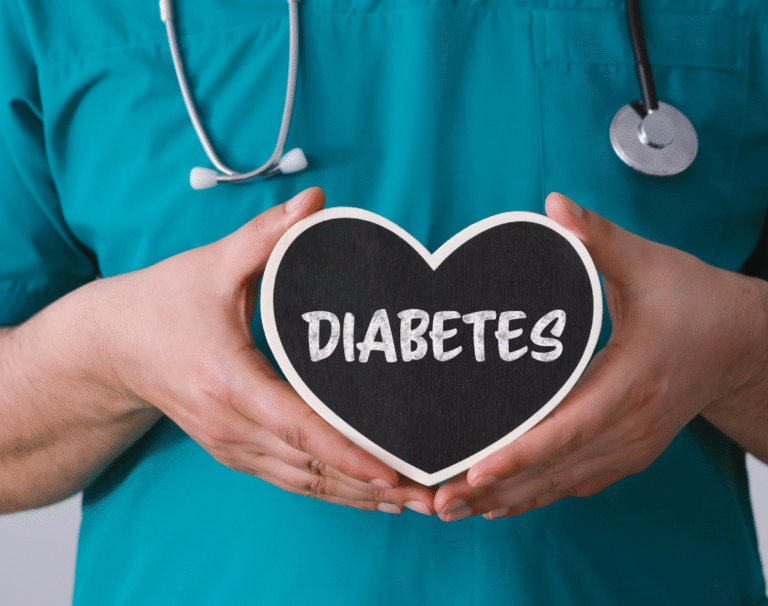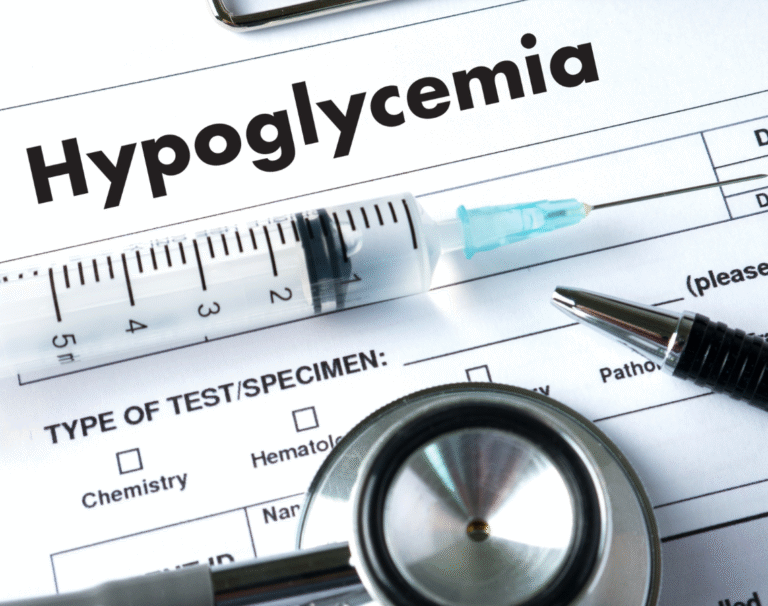Book Appointment Now
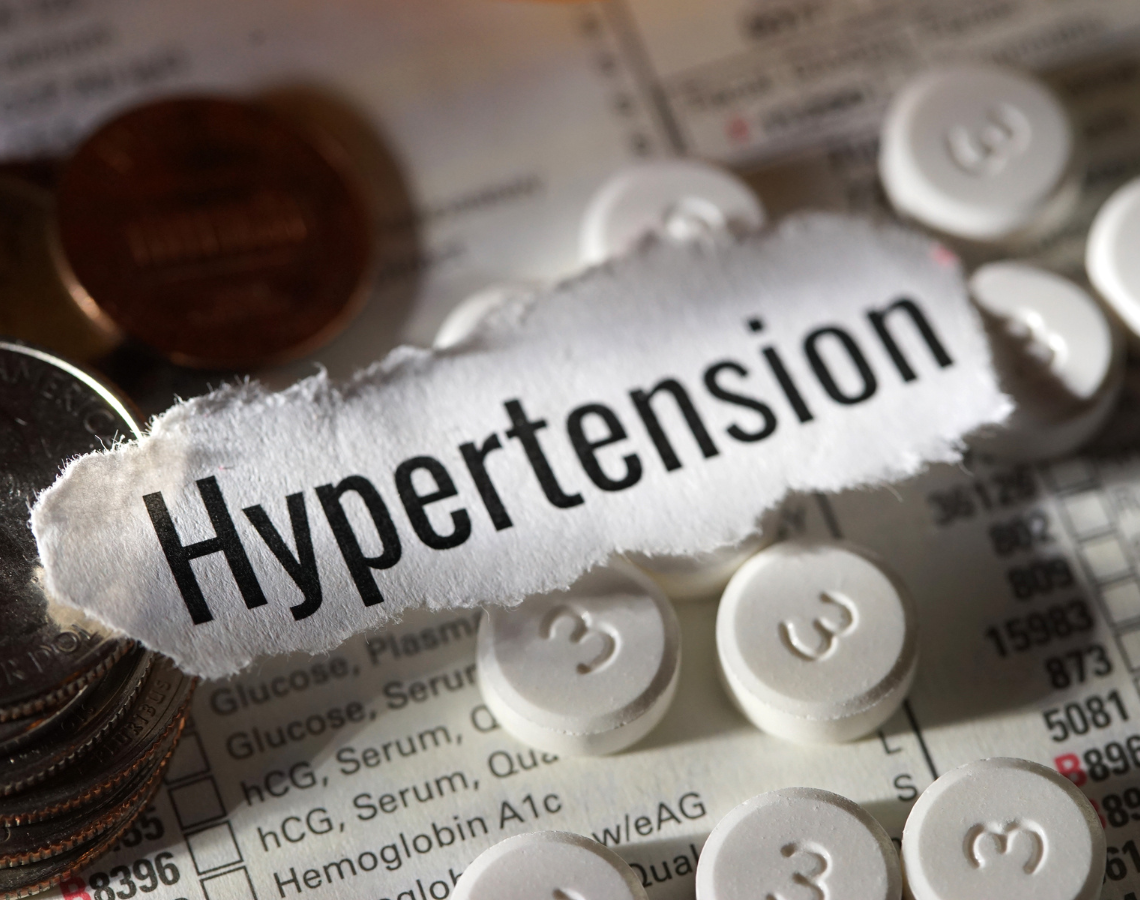
Hypertension
- On
- InHealth
Hypertension, commonly known as high blood pressure, is a chronic medical condition where the force of blood against the artery walls is consistently too high. Often referred to as the “silent killer,” hypertension typically shows no obvious symptoms until it causes serious health problems, such as heart disease, stroke, or kidney failure.
A normal blood pressure reading is below 120/80 mm Hg. Hypertension is diagnosed when blood pressure readings consistently exceed 130/80 mm Hg. This condition affects millions of people worldwide and is one of the leading causes of preventable death.
Causes and Risk Factors
Hypertension can be classified into two main types:
-
Primary (Essential) Hypertension – The most common form, it develops gradually over many years without a specific identifiable cause.
-
Secondary Hypertension – Caused by an underlying condition such as kidney disease, hormonal disorders, or certain medications.
Several factors increase the risk of developing hypertension:
-
Family history of high blood pressure
-
Age (risk increases with age)
-
Obesity or being overweight
-
Sedentary lifestyle
-
High salt or low potassium diet
-
Excessive alcohol intake
-
Smoking
-
Chronic stress
-
Conditions like diabetes and sleep apnea
Understanding and managing these risk factors can play a crucial role in preventing and controlling hypertension.
Symptoms and Complications
Most people with hypertension experience no symptoms, which is why regular blood pressure monitoring is essential. However, in some cases, especially when blood pressure becomes dangerously high, individuals may experience:
-
Headaches
-
Shortness of breath
-
Nosebleeds
-
Chest pain
-
Blurred vision
-
Fatigue or confusion
Uncontrolled hypertension can lead to severe health problems including:
-
Heart attack and heart failure
-
Stroke
-
Kidney damage
-
Vision loss
-
Aneurysms
Diagnosis and Monitoring
Hypertension is diagnosed through repeated blood pressure measurements, either in a clinic, at home, or via a 24-hour ambulatory monitoring device. A consistent pattern of high readings over time confirms the diagnosis.
Regular monitoring is essential for individuals with known risk factors or borderline readings to catch early signs of elevated blood pressure.
Managing Hypertension
Effective hypertension management combines lifestyle changes with medication when needed. Key approaches include:
-
Healthy Eating: Follow a heart-healthy diet like the DASH (Dietary Approaches to Stop Hypertension) plan, which is rich in fruits, vegetables, whole grains, and low-fat dairy while limiting sodium and saturated fats.
-
Regular Exercise: Aim for at least 30 minutes of moderate physical activity on most days of the week.
-
Weight Management: Losing even a small amount of weight can significantly lower blood pressure.
-
Stress Reduction: Practice relaxation techniques like yoga, meditation, or deep breathing.
-
Limiting Alcohol and Quitting Smoking
-
Adherence to Medication: If prescribed, taking blood pressure medications as directed is critical.
Take Control of Your Heart Health
Hypertension may not always show signs, but its effects can be life-altering. At our clinic, we offer personalized care plans, regular monitoring, and lifestyle support to help you manage your blood pressure effectively.
Don’t wait for symptoms—schedule your blood pressure check today and take the first step toward a healthier future.
Newsletter Updates
Enter your email address below and subscribe to our newsletter
